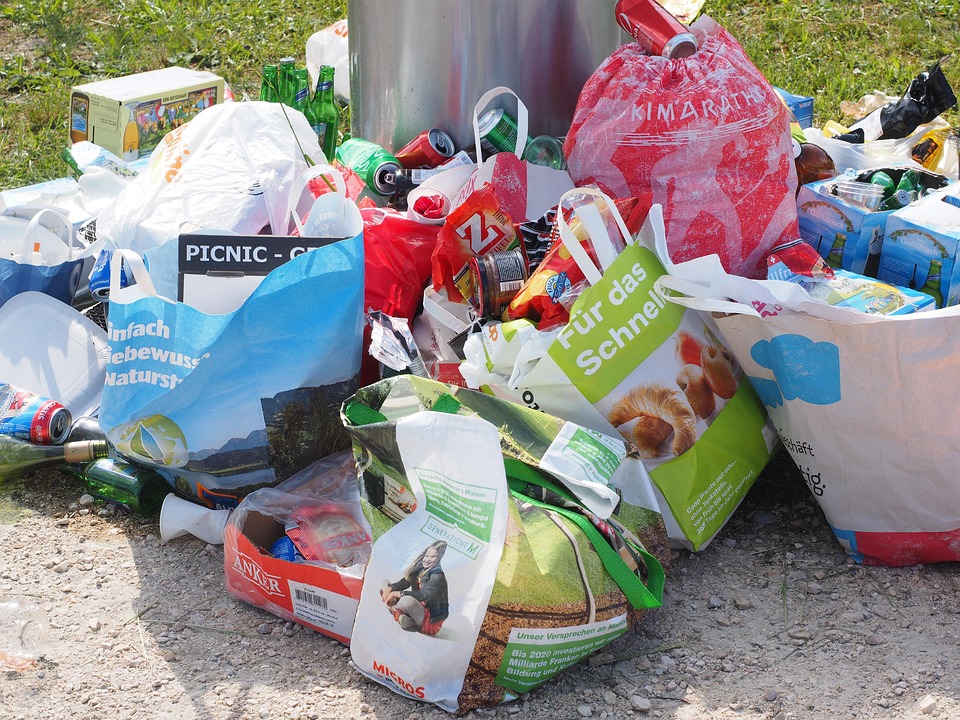Essential Environmental Engineer Resume Template: Stand Out in Your Job Application
Crafting a compelling resume as an environmental engineer can feel like navigating a complex ecosystem—each detail matters, and the right approach can set you apart from the crowd. The key lies in presenting your qualifications and experiences in a manner that not only showcases your technical skills but also highlights your passion for sustainability and innovation. Below are some crucial elements to consider while constructing your resume.
1. Tailor Your Professional Summary
Your professional summary is your chance to make an immediate impact. It should encapsulate your unique qualifications, years of experience, and specific areas of expertise. Consider including:
- Your educational background, particularly if you hold a degree in environmental engineering or a related field.
- Relevant certifications such as Chartered Engineer status or specialist qualifications like ISO 14001.
- A brief mention of your core competencies, like environmental impact assessments, waste management strategies, or water resource management.
A concise yet powerful summary can entice hiring managers to delve deeper into your application.
2. Showcase Relevant Experience
When detailing your work experience, select roles that are pertinent to the position you’re applying for. Each entry should not merely list duties but rather reflect your achievements and contributions. Incorporate the following:
- Project Highlights: Describe significant projects you’ve contributed to, emphasising your role and the outcomes. For instance, mention how your efforts led to a reduction in carbon emissions or improved water quality in a community.
- Quantifiable Results: Use numbers to convey your impact. Did you reduce waste by a certain percentage or save a specific amount of money through efficient practices? Metrics can powerfully illustrate your effectiveness.
- Collaborative Endeavours: Environmental engineering often requires teamwork. Highlight instances where you successfully collaborated with multidisciplinary teams or stakeholders to achieve project goals.
3. Skills That Matter
A well-crafted skills section is vital. It should reflect both hard and soft skills relevant to environmental engineering. Consider including:
- Technical Skills: Proficiency in software like AutoCAD, GIS, or environmental modelling tools.
- Analytical Skills: Demonstrate your ability to assess data and interpret environmental regulations.
- Communication Skills: The capacity to convey complex information clearly to diverse audiences is invaluable. Mention any experience in public speaking, report writing, or stakeholder engagement.
4. Education and Continuous Learning
In an ever-evolving field like environmental engineering, showing a commitment to continuous professional development can give you an edge. Ensure your education section is clear and comprehensive, including:
- Your degree(s) and the institutions attended.
- Any ongoing training, workshops, or courses that enhance your skill set, such as sustainable design practices or new regulatory frameworks.
- Membership in professional organisations, which can reflect your dedication to staying current in the field.
Crafting a Lasting Impression
Your resume is more than a list of qualifications; it’s a reflection of your professional identity. By carefully tailoring each section with pertinent details, you can create a narrative that resonates with potential employers. Ensure the design is clean and professional, using bullet points for clarity and keeping it concise—ideally, no more than two pages.
As you embark on your job application journey, remember that a well-structured resume can indeed be your ticket to success. CVPortal remains dedicated to providing you with a variety of high-quality resume references to aid you in this endeavour. With the right tools at your disposal, you’re not just applying for a job; you’re making a powerful statement about your commitment to the environment and your professional aspirations.


